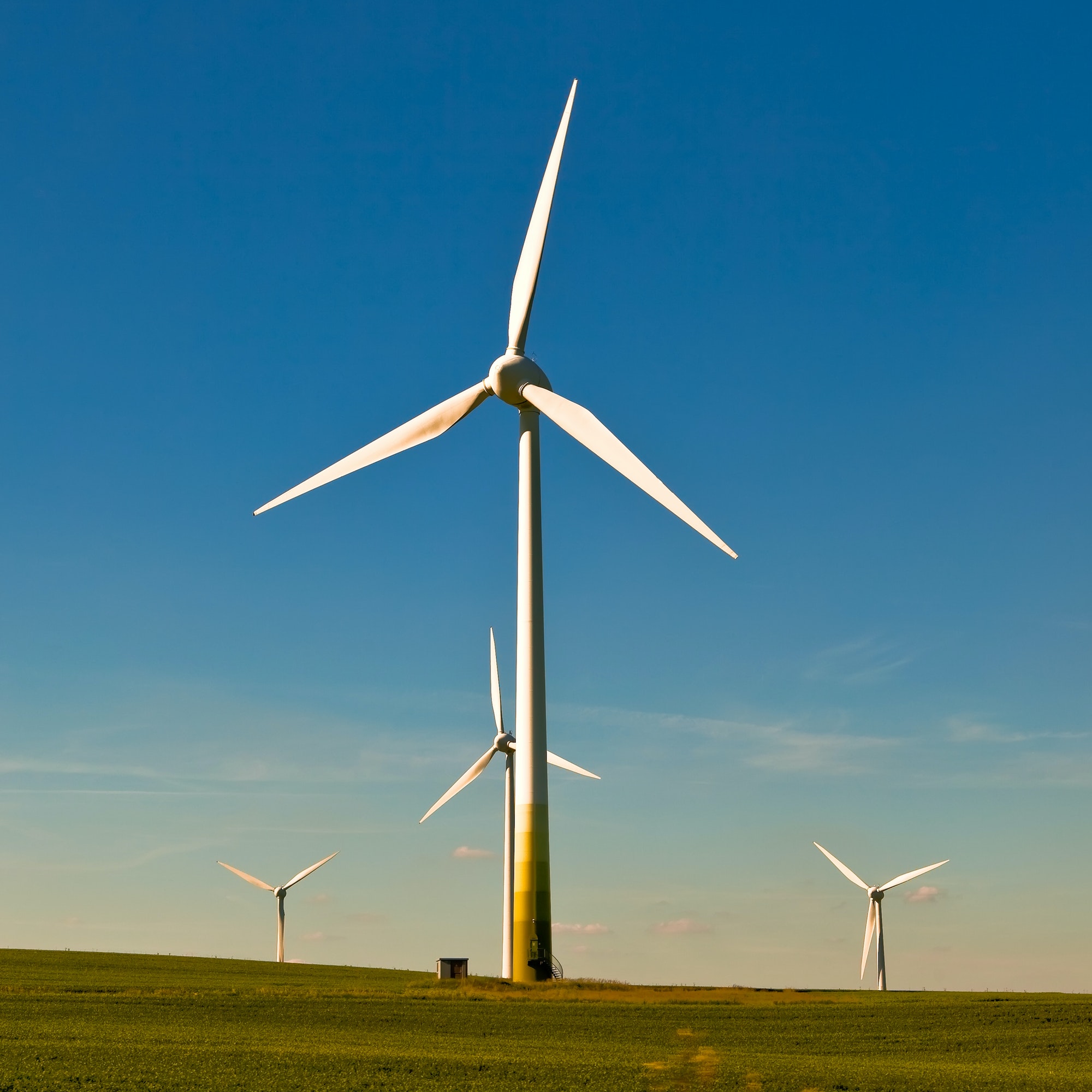Thematic areas
Climate change is intensifying and its real-life costs accelerating. A historically high acceleration in climate disruption in 2023, saw global warming reaching 1.48°C above preindustrial level for the first time (…). It is clearer than ever that achieving a stable climate and safeguarding a liveable planet for current and future generations means cutting global greenhouse gas (GHG) emissions sharply and rapidly and preparing for future impacts of climate change”
Thematic Areas
In line with the European Green Deal and the climate, energy, transport and taxation policies fit for reducing net greenhouse gas emissions by at least 55% by 2030, EEIP primarily supports the EU in the following thematic areas.

Renewables
Embracing renewable energy sources is vital for a sustainable future and our commitment to environmental responsibility

Energy Efficiency Technologies
Accelerating the replacement of old, inefficient equipment with new, compliant appliances can speed up progress.
Energy Efficiency Services
Energy efficiency is called the “first fuel” in clean energy transitions, as it provides some of the quickest and most cost-effective CO2 mitigation options while lowering energy bills and strengthening energy security.

Circular Economy and Industrial Symbiosis
Circular Economy and Industrial Symbiosis are key to achieve more sustainable and integrated systems, identifying business opportunities that leverage underutilised resources. Stakeholders in related sectors collaborate to reuse residues, use by-products properly, and find innovative ways to optimise inputs.

Policy and Regulation
The EU aims to be climate-neutral by 2050 – an economy with net-zero greenhouse gas emissions. This objective is at the heart of the European Green Deal, and is a legally binding target thanks to the European Climate Law.

Finance and Green Procurement
Finance plays a pivotal role in facilitating the green transition by channeling investments towards sustainable initiatives, fostering innovation, and driving the shift towards a low-carbon economy.

